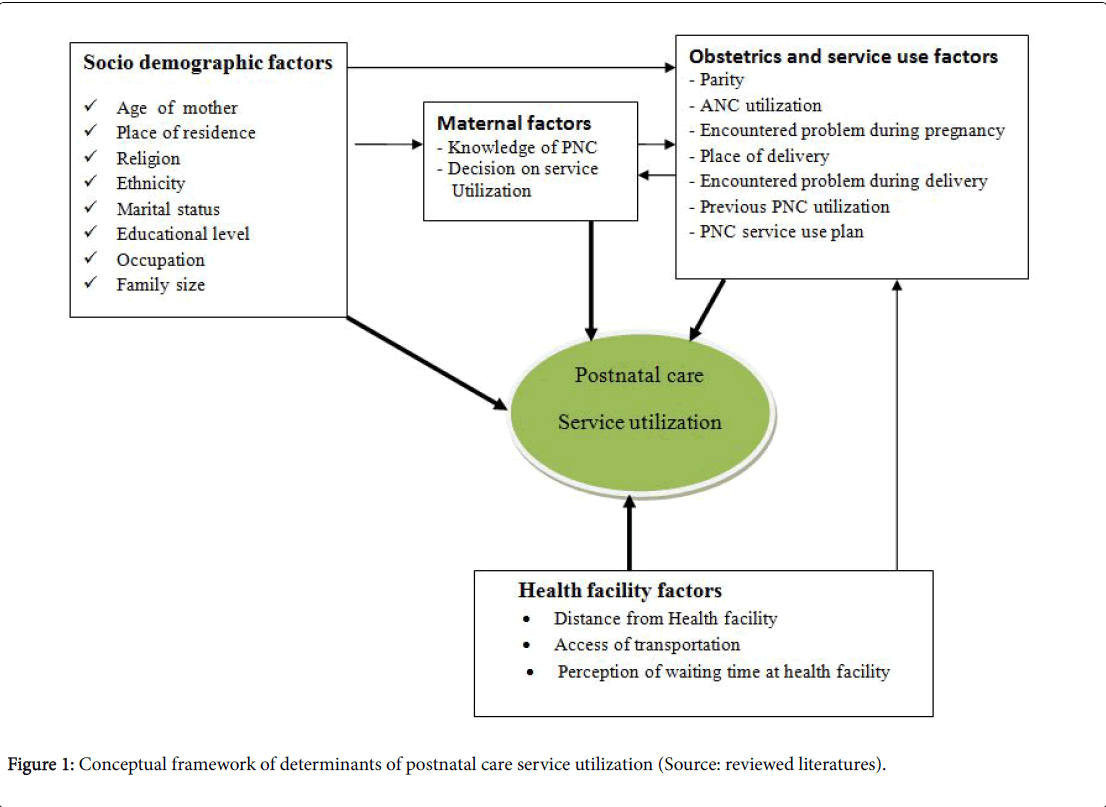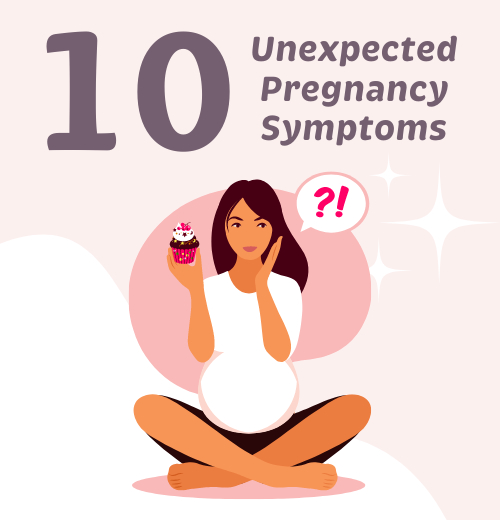Magnitude and determinants of knowledge towards pregnancy danger signs among pregnant women attending antenatal care at Chiro town health institutions, Ethiopia

The overall women’s knowledge of the danger signs of pregnancy was poor, and monthly income, distance to health facilities, and residence were determinant factors of mothers’ knowledge of pregnancy danger signs. Objectives: This study aimed to assess the magnitude and determinants of knowledge of pregnancy danger signs in Chiro town health institutions, Ethiopia. Methods: Institutional-based cross-sectional study was conducted among 395 systematically selected pregnant mothers. An interviewer-administered pretested questionnaire was used to collect data. The data were entered into EPI data version 3.1 and analyzed using SPSS version 22. Bi- and multivariate logistic regression analyses were used to identify determinant factors. Statistical significance was declared at p < 0.05. Results: Even though 58.0% of respondents recalled at least one danger sign of pregnancy, only 26.3% (95% confidence interval: 21.7–30.7) of the respondents had good knowledge of pregnancy danger signs. Residence (adjusted odds ratio = 2.43, 95% confidence interval: 1.50–4.00), distance to health facility (adjusted odds ratio = 2.11, 95% confidence interval: 1.28–3.47), and income (adjusted odds ratio = 1.99, 95% confidence interval: 1.22–3.33) were found to be significantly associated with mothers’ knowledge of pregnancy danger signs. Conclusion: The overall women’s knowledge of the danger signs of pregnancy was poor. Monthly income, distance to health facilities, and residence were determinant factors of mothers’ knowledge of pregnancy danger signs. Thus, the provision of information targeting pregnant women, their families, and the general community regarding danger signs of pregnancy is recommended to health care providers.

Determinants of Postnatal Care Service Utilization, Amigna Distri

A Descriptive Study to Assess the Knowledge and Attitude on Birth Preparedness among Primigravida Mothers Attending Gynae OPD at Civil Hospital Sangrur, Punjab

PDF) The Influence of Home Delivery on Maternal Mortality in Longido District in Tanzania: A Mixed Method Study

Factors associated with the knowledge of obstetric danger signs, and perceptions of the need for obstetric care amongst married young women in northern Nigeria

ARTICULO8, PDF, Maternal Death

Spatial distribution of delayed initiation of antenatal care visits and associated factors among reproductive age women in Ethiopia: spatial and multilevel analysis of 2019 mini-demographic and health survey
Adherence to iron and folate supplementation and associated factors among women attending antenatal care in public health facilities at Covid-19 pandemic in Ethiopia

PDF) Knowledge of danger signs in pregnancy and their associated factors among pregnant women in Hosanna Town, Hadiya Zone, southern Ethiopia

Figure 1 from Assessment of Knowledge on Danger Sign of Pregnancy and Associated Factors among ANC Attendant PregnantWomen in Arbaminch Town Governmental Institutions, Southern Ethiopia

IJERPH, Free Full-Text

Knowledge of obstetric danger signs and associated factors among pregnant women attending antenatal care at selected health facilities in Illu Ababor zone, Oromia National Regional State, south-west Ethiopia







